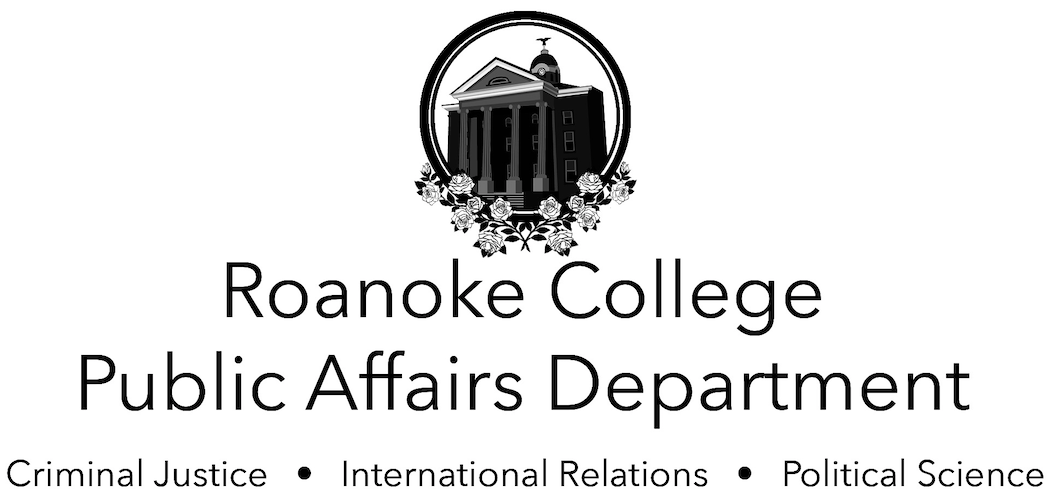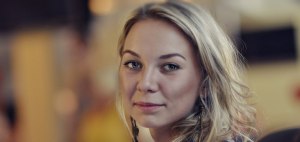Dasha Bogdanova studies international relations at National Aviation University in Kyiv, the capital of Ukraine, and is now an exchange student here at Roanoke College. She was one of the first protesters in Ukraine in November 2013, witnessing real history in action. The first protest she went to was peaceful, with many journalists, artists, and youth in attendance. One of the strongest reasons that kept her hopeful was the fact that Ukraine is a democratic country, so she thought that the government had to listen to the people. “We were singing the Ukrainian National Anthem, and it felt like the whole nation was united in one square,” she said. She realized that she couldn’t keep silent about this, and that it was amazing to be able to speak her mind and be part of a revolution. In a short time, however, the revolution became anything but peaceful.
Throughout this revolution, Dasha was able to appreciate her family more and more. Many families in Ukraine have been torn apart by different political standpoints. Her mother lives in Kazakhstan, her sister in Russia, and Dasha lives in Ukraine with her grandparents. Kazakhstan is in close cooperation with Russia, so both her mother and sister view the situation from the Russian perspective. “I Skype with my mom and sister every day…but instead of sharing news of what is happening in our lives, we argue about what is wrong, what is better for Ukraine, what is the real truth, and that I’m blind and brainwashed by the Ukrainian nationalist point of view,” she said. Finally, she recognized that these politics could be tearing her family apart. People often forget that, in this situation, they are united by family bonds and that they are being played like pawns in a huge game of political chess.
A person who is very influential in Dasha’s life that has helped her see the situation from the Russian perspective is her grandfather. She calls him her “life advisor.” He lived in the former Soviet Union for most of his life; therefore, he takes the Russian side of this issue. However, after the annexation of Crimea, he was disappointed in Putin and in Russia. This has taught Dasha that the world is never black and white, and that one can recognize right and wrong no matter what side he or she is on.
With the new developments and annexation of Crimea, Dasha frequently questions the notion of democracy. She said, “I read articles and see pictures of people suffering and dying…they are screaming that they don’t want this…who can stop this if the common people can’t?” At the same time that she despairs, she is still hopeful. One of the reasons for this hope is that many Americans are in sympathy with Ukraine. Usually, if enough people care, change is possible. She was surprised but excited when she arrived in America, noting that many Americans asked her about the situation back home. Especially while studying at Roanoke College, she is impressed that citizens of a small town such as Salem are aware of the situation. Even after a short time, she is happy to have found a strong network of support at Roanoke College.

